Table of Contents
ToggleIntroduction: Balancing Jib Crane Price with Quality
When purchasing industrial lifting equipment, finding the right balance between jib crane price and product quality is crucial. In 2025, businesses are more cost-conscious than ever, but cutting corners on quality can lead to higher maintenance costs, safety risks, and poor long-term ROI. This guide—based on real-world industry expertise—explores how to evaluate jib crane manufacturers to make the best investment for your specific operational needs.
Why Price Shouldn’t Be the Only Factor
The Real Cost of Going Cheap
While a lower upfront price may seem appealing, choosing a substandard jib crane can lead to:
- Frequent breakdowns
- Higher maintenance and repair expenses
- Reduced operational efficiency
- Shorter equipment lifespan
Quality cranes may come with a higher price tag, but they ensure durability, safety, and long-term cost savings.
Total Cost of Ownership (TCO)
To assess the true value of a jib crane, consider TCO:
- Initial purchase price
- Jib crane installation costs
- Ongoing jib crane maintenance
- Downtime losses
- Upgrade potential
For a detailed TCO analysis, read the Jib Crane Price Breakdown: Installation and Hidden Costs.
Key Factors That Affect Jib Crane Price and Quality
1. Load Capacity
High-capacity cranes require superior structural strength, precision welding, and reinforced components—all of which raise manufacturing costs but significantly enhance performance.
For a deeper understanding of how load capacity impacts pricing, review Jib Crane Price Factors: Load Capacity, Span, and Rotation.
2. Material Quality
Premium-grade steel, corrosion-resistant coatings, and certified hardware ensure longer lifespan and reduced servicing needs. These materials cost more upfront but reduce overall operational risk.
3. Engineering and Design
Advanced engineering improves:
- Rotational range (manual or motorized)
- Ease of movement
- Noise and vibration control
- Safety mechanisms
Quality manufacturers often test and certify their designs to international standards like ISO, ANSI, or OSHA.
4. Manufacturing Location
Local manufacturers may offer quicker lead times and lower shipping costs. However, globally recognized brands may offer enhanced durability, warranties, and better technical support.
How to Evaluate a Jib Crane Manufacturer
Reputation and Reviews
Look for testimonials, online reviews, and third-party certifications. A manufacturer’s reputation is often a strong indicator of product reliability.
Transparency in Pricing and Specs
A quality manufacturer provides clear, itemized quotes and thorough documentation on specs, load testing, and certifications.
Customer Support and Service
Post-purchase support can make or break your investment. Prioritize companies that offer:
- Installation assistance
- Spare parts availability
- Maintenance training and documentation
See how a manufacturer adds value over time in Jib Crane Price and ROI: Calculating Long-Term Value.
Warranty Terms
Comprehensive warranties reflect confidence in product durability. Look for at least a 1–2 year warranty on structure and parts.
Red Flags to Watch Out For
- Lack of certifications or testing compliance
- Extremely low prices without technical justification
- Poor customer service or limited product support
- Inadequate documentation
Recommended Types of Jib Cranes for High ROI
- Wall-Mounted Jib Cranes – Great for small shops with limited space.
- Freestanding Jib Cranes – Ideal for medium to heavy-duty lifting needs.
- Articulating Jib Cranes – Excellent for flexible and precise movement.
Each type offers a different price-to-value ratio depending on your application. For tailored recommendations, view Aardwolf’s full crane product range.
The Value of Investing in Quality
Operational Efficiency
A high-quality jib crane minimizes downtime, increases throughput, and ensures smoother workflows.
Enhanced Safety
Reliable equipment reduces workplace injuries, legal liabilities, and insurance claims.
Long-Term Cost Savings
Better materials, engineering, and support reduce breakdown frequency, spare parts replacement, and technician callouts.
Final Thoughts: Making a Smart Investment
Choosing a jib crane based purely on price is risky. Instead, focus on overall value by weighing quality, engineering, support, and long-term benefits. Partnering with a reputable manufacturer may involve a higher upfront cost—but the operational gains, safety assurance, and ROI will far outweigh the difference over time.
Invest wisely, and your jib crane will serve as a dependable asset for years to come.

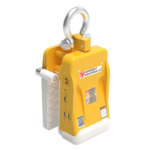
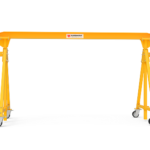
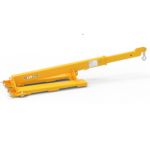
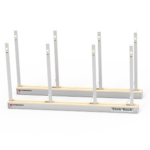
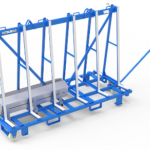
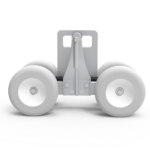
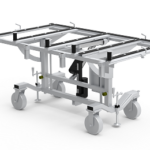
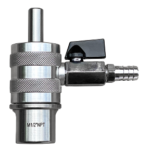
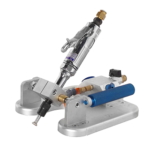
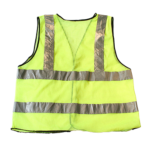
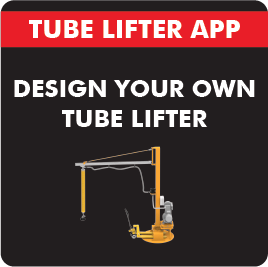
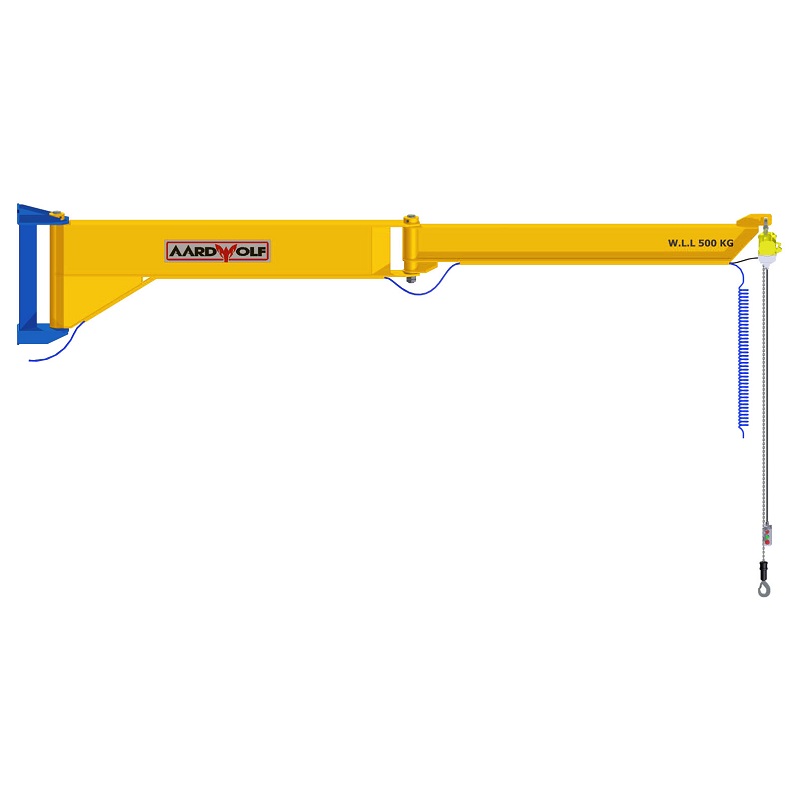
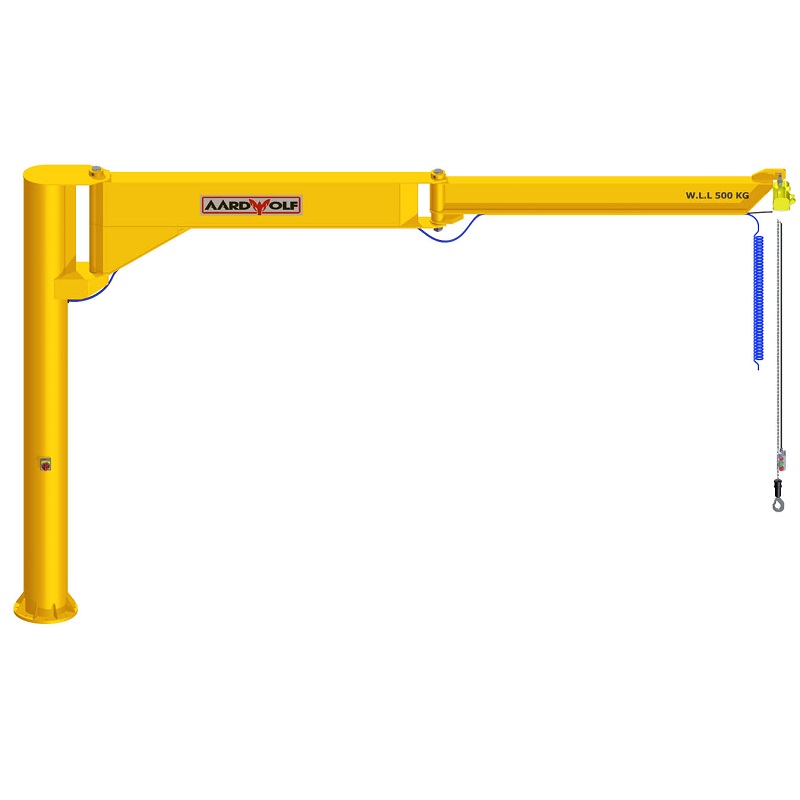
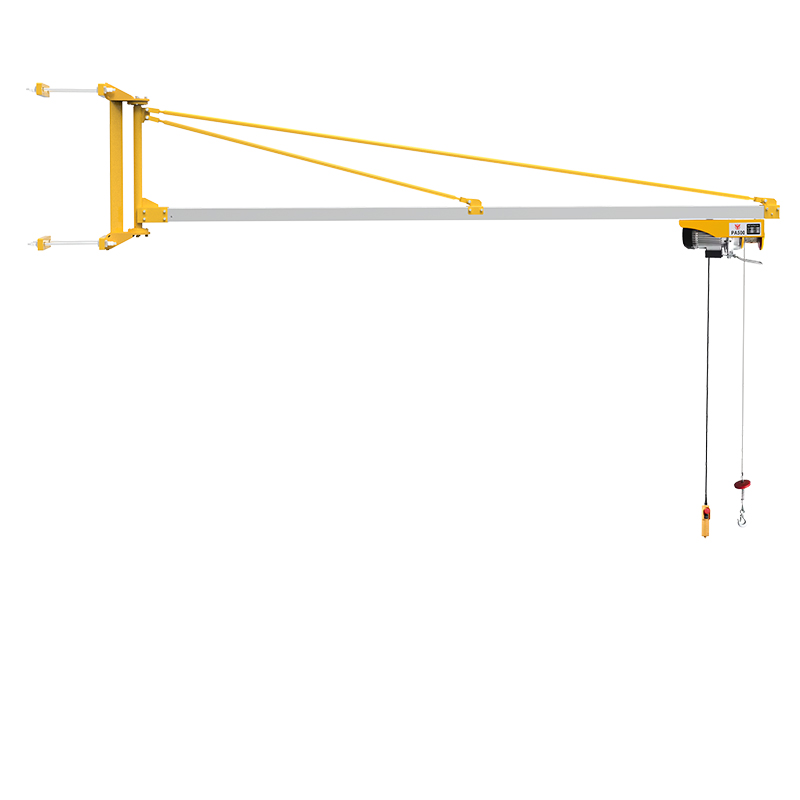
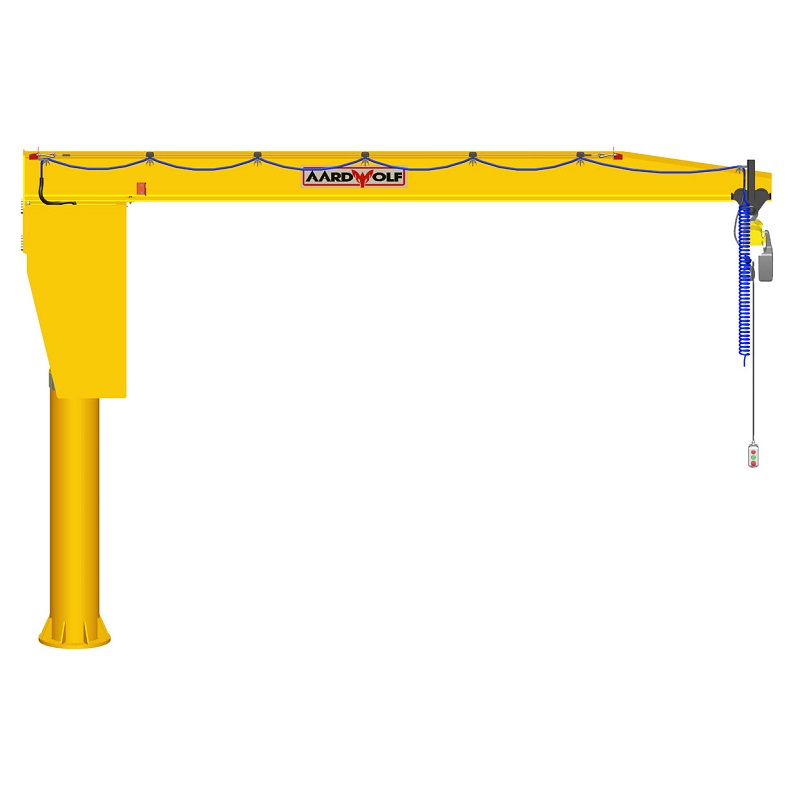


Please log in to leave a comment.